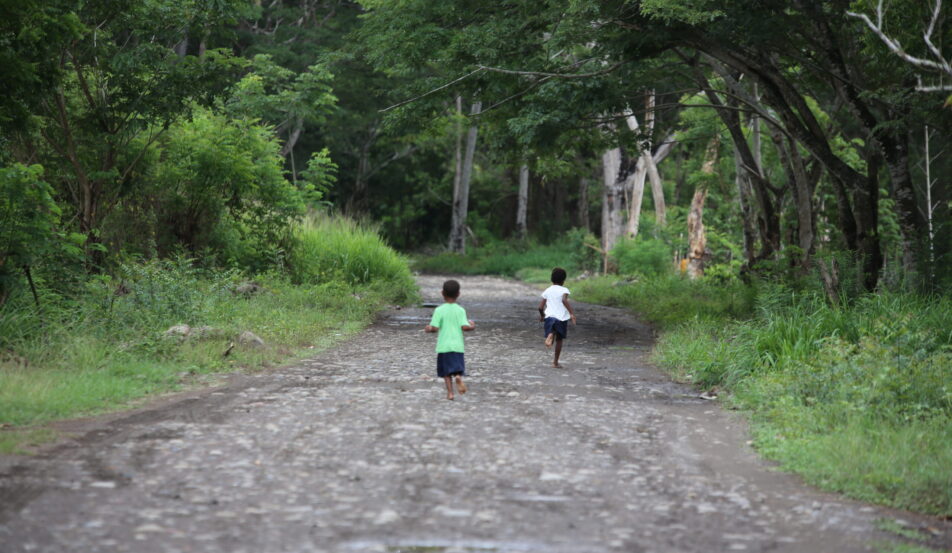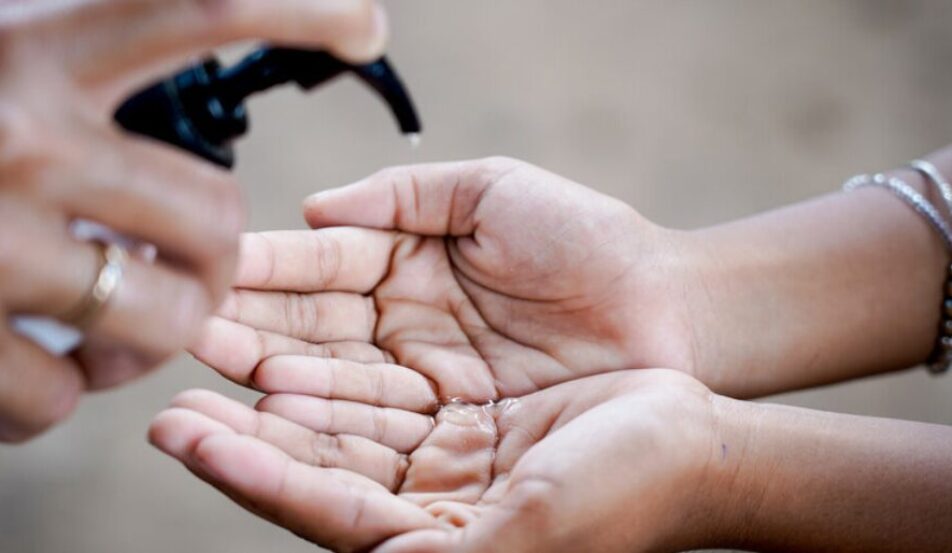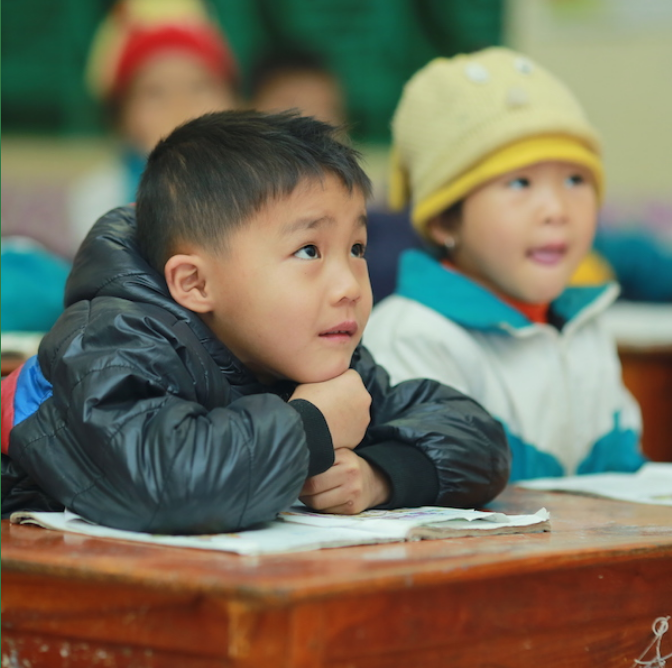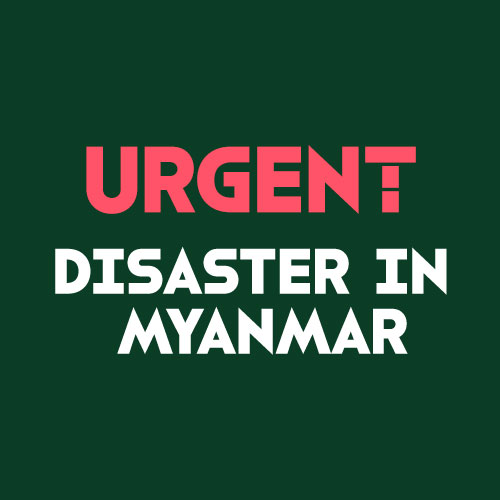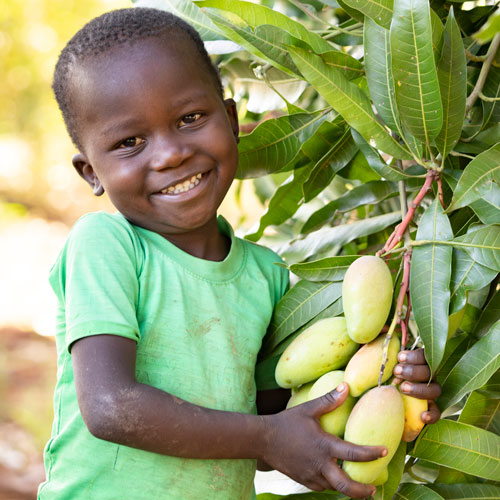Why is exercise important for children’s health and wellbeing?
Exercise is an essential part of a balanced lifestyle, particularly for children. It significantly impacts a child’s development, improving children’s health and wellbeing.
The United Nations Convention On The Rights Of The Child states that every child has the right to play. Let’s explore why exercise is so important for children’s health and wellbeing.
Exercise improves children’s mental health
Exercise aids greatly in maintaining a strong sense of psychological wellbeing. It’s also an effective tool to manage anxiety, depression and other conditions. This is because when you exercise, the body releases endorphins which trigger a positive emotional response.
The social aspect of sport provides a safe and comfortable place for children to make friends and feel valued, improving their sense of wellbeing. Participating in team sport improves a child’s confidence and self-esteem, promoting a more positive self-image.
Exercise also has the power to challenge gender roles and provide girls with new opportunities for socialisation, skills development and physical activity away from the home.
Exercise develops healthy muscles, bones and hearts
One of the main benefits of exercise is that it keeps the body fit, which is vital for children’s physical development.
When a child exercises, the movement of the bones and muscles increases their strength and endurance. Muscle pulls against the bones, particularly in the arms and legs, which accumulates bone density over time, even with very little weight.
Exercise also benefits organs, such as the heart. Physical activity increases body temperature, causes dehydration and creates demand for blood and oxygen. This requires the heart to beat faster in order to supply the limbs and organs with the sustenance they need to maintain their rhythm. With regular exercise, the heart becomes more efficient over time.
Exercise teaches children new skills
Children learn a range of new skills from exercise, both at a physical and social level.
Exercise improves these physical skill sets:
- Gross motor skills
- Balance
- Coordination
- Reaction time
It also aids in developing these social skills:
- Teamwork
- Interaction
- Communication
When children participate in team sports, they develop and cultivate a sense of belonging, which is critical for their emotional health and wellbeing.
Exercise helps maintain a healthy body weight
In Western countries, food high in calories, fats and preservatives are much more readily available than ever before. Take-away meals, frozen dinners, soft drinks and boxed snacks are just some of the guilty pleasures that can cause weight gain in children.
Children are also much less likely to exercise than previous generations. Video games, television and streaming services occupy their attention, even to the extent of replicating team sports in a virtual experience.
It is essential that children exercise regularly to maintain a healthy body weight and reduce the risk of developing diseases such as obesity, type 2 diabetes, heart disease, cancer and other health conditions.
Exercise strengthens the immune system
Does exercise boost immunity? Although there have been many studies into the impact exercise has on the immune system, it has not yet been proven if exercise has a direct effect on immunity to disease.
What is known, is that exercise keeps the body fit and strengthens the immune system’s capacity to respond to disease. This means that while exercise does not necessarily prevent children from getting sick, it will prepare and strengthen their bodies to fight off any illnesses that may occur.
Exercise is important because it sets children up for a healthy and balanced adulthood
Exercise is about balance and growth. It keeps children physically, psychologically and emotionally healthy, as well as providing opportunities for social interaction and skills development. This means that exercise contributes immensely to child development, setting children up for a balanced adulthood.
COVID-19 has disrupted livelihoods across the world. Many of the communities where we work in Papua New Guinea were already recovering from outbreaks of measles and polio, and are now struggling to cope within an already overstretched health system.
We’re working with local communities to run outreach programs, in order to identify cases of infectious disease quickly, and connect both adults and children with appropriate healthcare. Your donation today will help us continue to run these programs, and expand our reach to ensure every child has a childhood.




